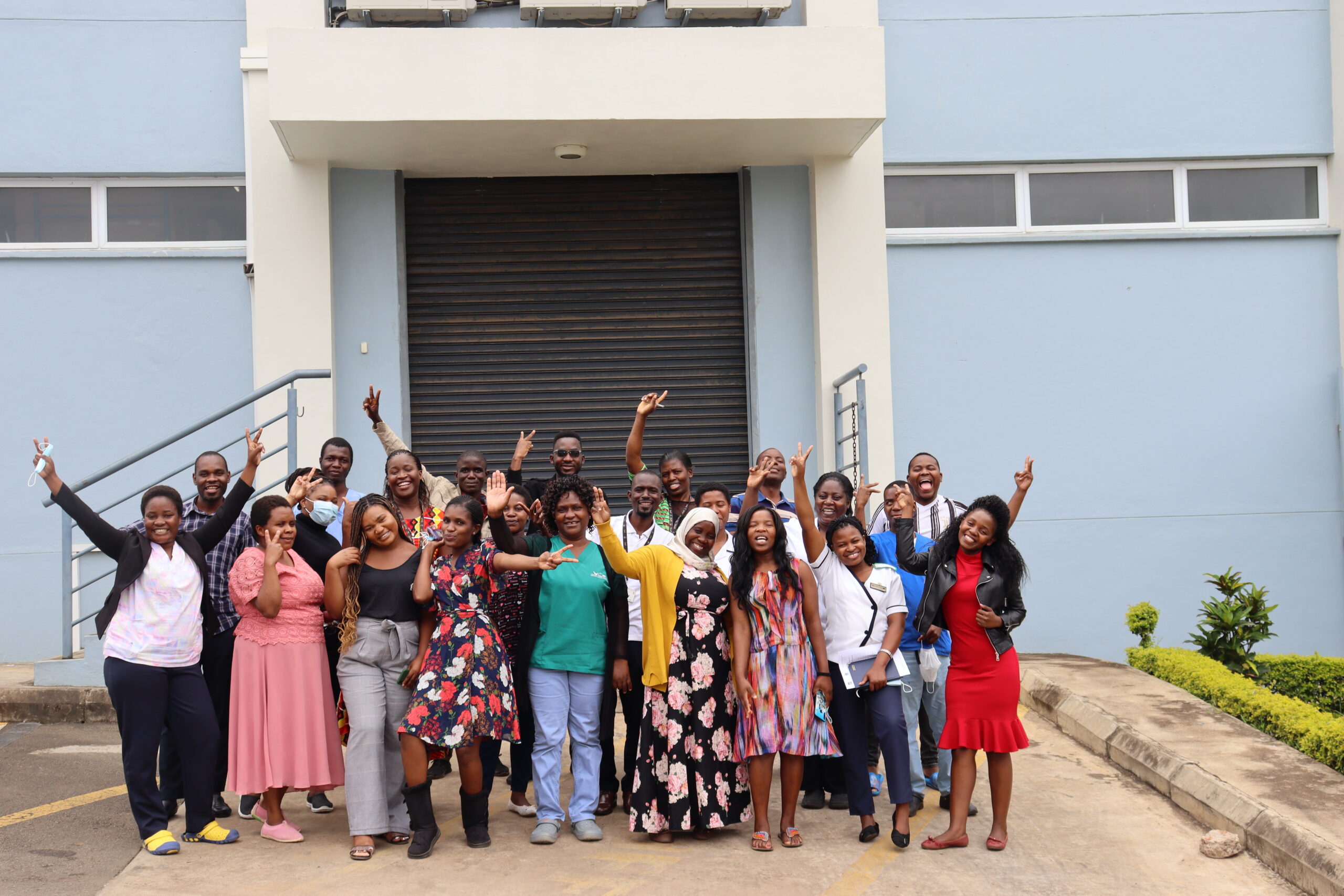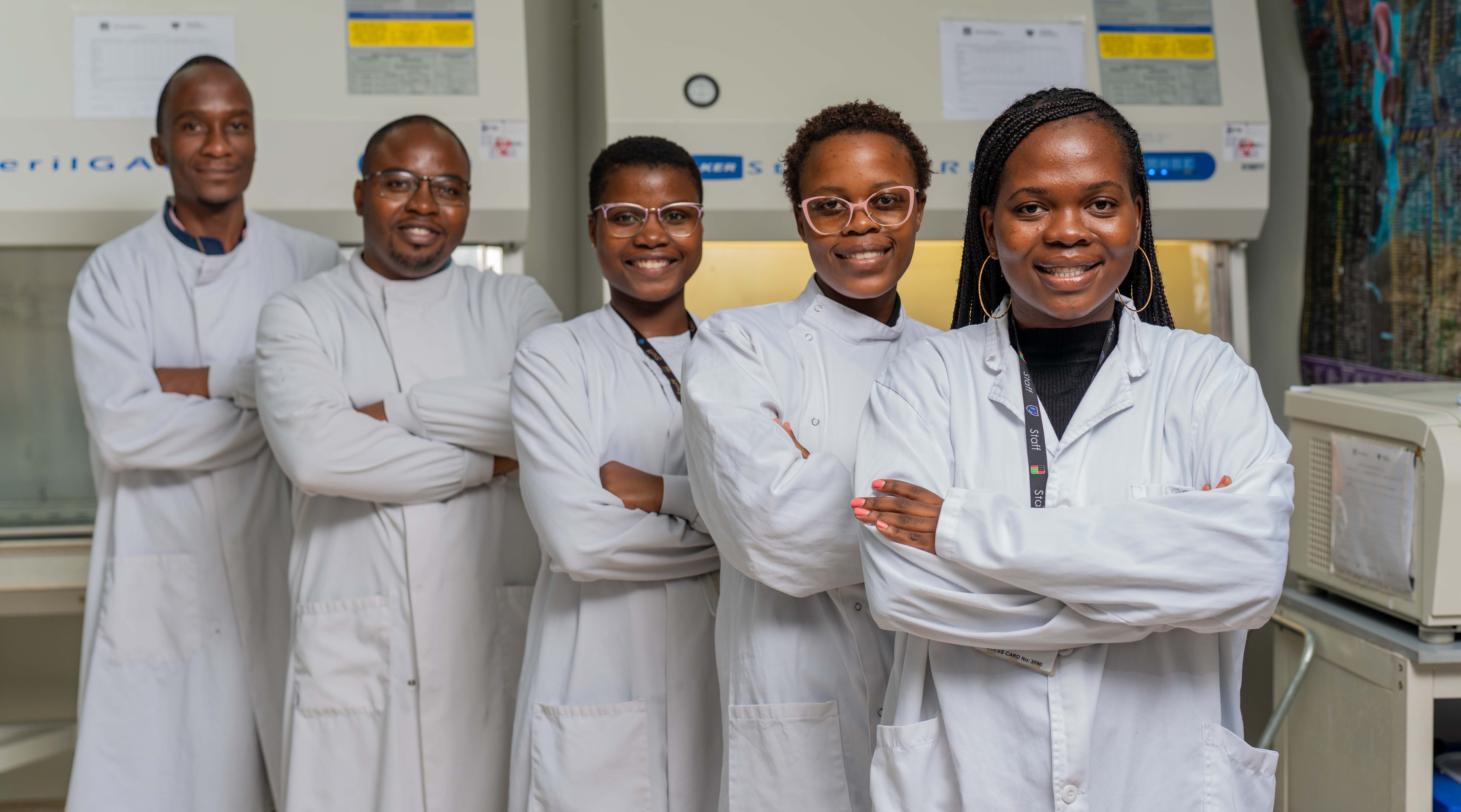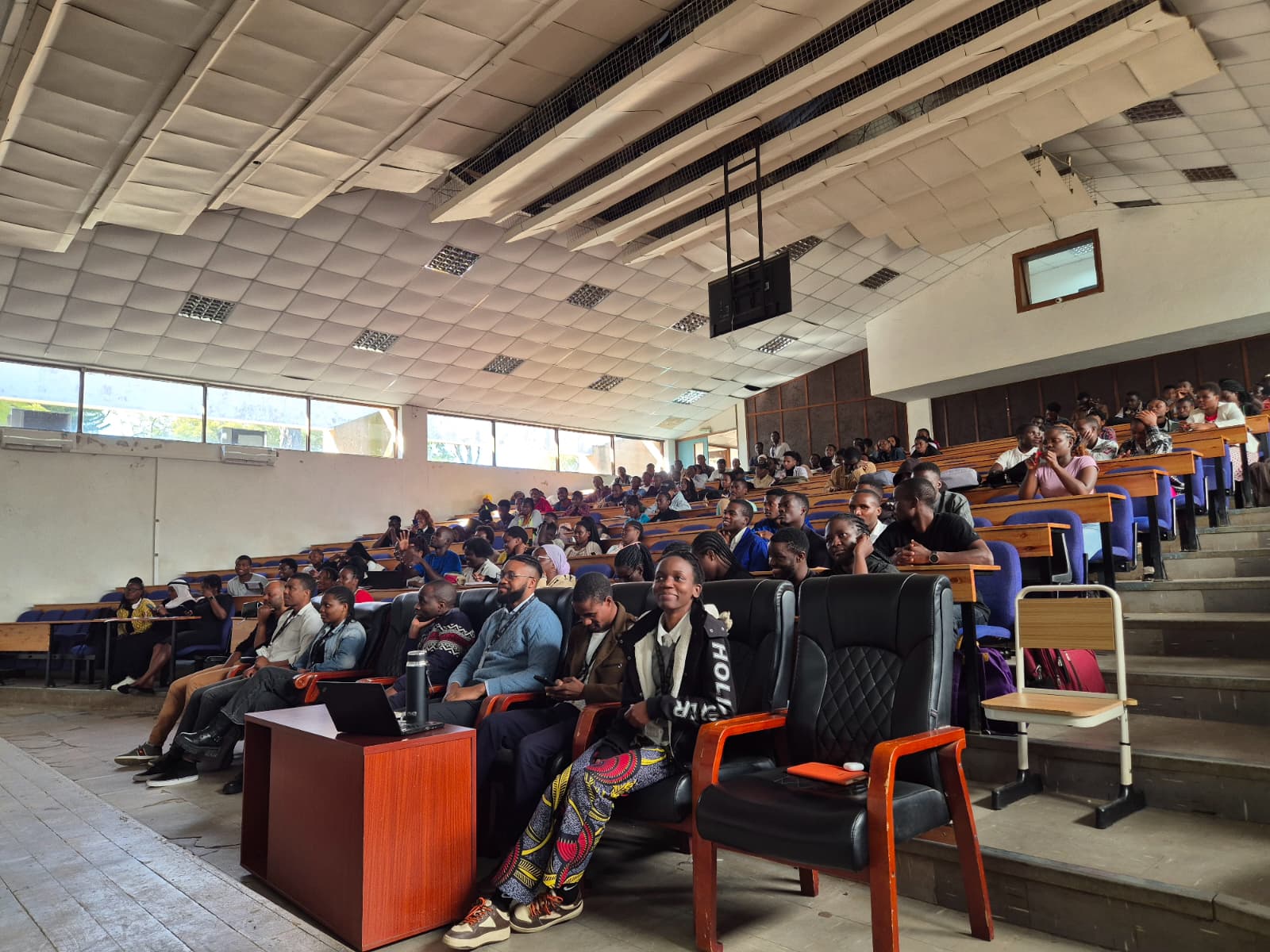In its effort to address the problem of sample contamination for blood culture and cerebral spinal fluid samples collected from patients in Queen Elizabeth Central Hospital (QECH) wards, which are processed at MLW laboratory, the Clinical and Laboratory components of MLW conducted a training to inform nurses and clinicians the extent of the problem and to discuss ways of addressing the problem.
The training was done in 8 days between 28 February and 18 March 2022.
MLW’s Clinical Manager Vella Kaudzu said there is hope that nurses and clinicians will appreciate and acknowledge that there is a problem, understand the impact on the patients, the hospital, the communities, and the country.
“Blood culture and cerebrospinal fluid samples are valuable samples which guide the clinicians in treatment prescription for patients with suspected blood infections. Contaminated samples give false results which lead to making wrong diagnoses and treating patients with the wrong antibiotics. Such wrong diagnoses and prescriptions later lead to drug resistance, which if not corrected in time, could be a community health problem,” said Kaudzu.
AETC nurse-in-charge Cathreen Martha Chiwalo commended MLW for conducting this training. She commented that this training has shed more light on some of the things she was not aware of.
“This training has elaborated the ideal procedure when dealing with blood samples, changing, and switching needles, and how to use other antiseptics such as Chlorohexidine or Iodine for cleaning instead of alcohol (spirit),” explained Chiwalo.
Having well-trained staff in blood culture and CSF sample collection, according to nurse-midwife technician George Mukhova, is the first step in improving patient care and prevention of infectious diseases in the community.
“There will be a reduced contamination rate hence results will be reliable leading to proper diagnosis and treatment of different infections. By reducing the contamination rate, it means we will also reduce the cost of treatment (at individual, family, community, and national level) because patients will not be staying in hospitals for a long time,” said Mukhova.
About 270 (261 nurses and 9 clinicians) attended the training.



